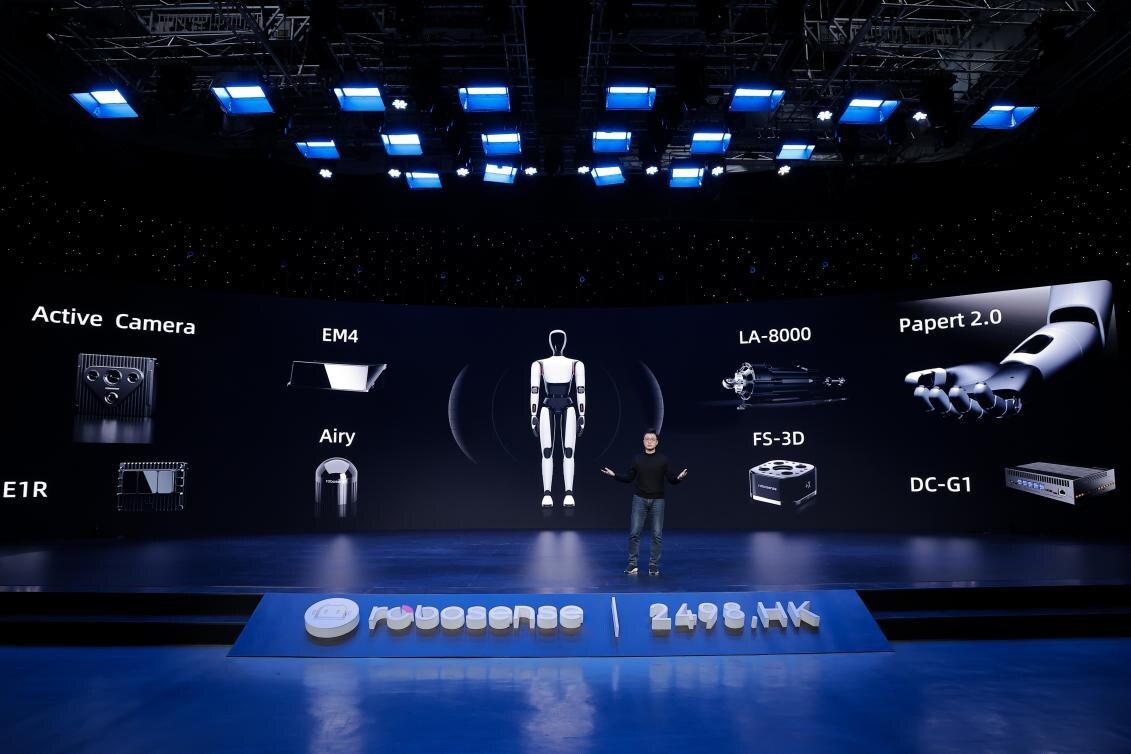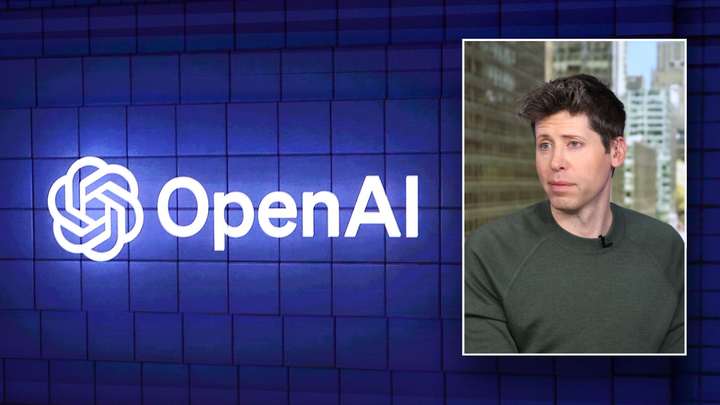1. AI Agents Reshaping Workflows
2025 is poised to be a transformative year for AI agents—systems that can independently make decisions and complete tasks. Consulting firms like Deloitte predict that 25% of companies using AI will deploy such agents by year-end, growing to 50% by 2027.
These agents excel in handling repetitive or routine tasks, freeing human workers for strategic and creative roles. Tasks such as customer inquiries, software drafts, and prototype designs will increasingly fall into the domain of AI. With businesses worldwide investing heavily in AI—projected to reach $632 billion by 2028—the adoption of these agents could fundamentally change workflows.
2. AI advancements 2025: Narrow AI Tailored to Industries
Narrow AI is set to revolutionize industries by delivering targeted solutions tailored to specific fields like law, medicine, and space exploration. Unlike general AI, which aims for broad capabilities, narrow AI focuses on precise applications, making it more efficient and practical.
In healthcare, for example, AI has already lightened administrative workloads, streamlining tasks such as note-taking. Catherine Breslin, founder of Kingfisher Labs, predicts even greater potential, particularly in drug development and other specialized areas of medicine. With smaller, more efficient models, narrow AI is easier to deploy, maintain, and scale. These qualities make it a cost-effective and accessible solution for industries eager to adopt cutting-edge technology.
As narrow AI continues to advance, its industry-specific focus ensures practical and impactful applications across diverse fields.
3. AI-Powered Devices on the Rise
AI is rapidly integrating into everyday devices, with Deloitte predicting that by late 2025, 30% of devices, including smartphones, will feature generative AI. AI-enhanced laptops are also on track to achieve over 50% market penetration.
Driving this trend are smaller language models like Microsoft’s Phi-4, which cut down the need for heavy computing power or constant internet access. These advancements are transforming AI from a high-tech luxury into a practical feature, enabling seamless use even in offline settings. As a result, more users can experience the benefits of AI in their daily lives, no matter where they are.
4. AI 2025: Advances in Multimodal AI Systems
Multimodal AI, which processes and generates content across text, images, audio, and video, is set to become a game-changer in 2025. Google’s Gemini 2.0 already exemplifies this innovation, enabling advanced data analysis and nuanced interpretations, such as assessing market sentiment based on tone and facial expressions.
Multimodal AI can also enhance industries like manufacturing by analyzing sensory data, such as noise and vibrations, to predict and address equipment needs proactively. However, access to such technologies in regions like Europe might face hurdles due to regulatory challenges, as seen with Meta’s hesitance to release advanced models.
AI Advancements 2025: Conclusion
From reshaping workflows with autonomous agents to enhancing industry-specific solutions, AI is set to revolutionize the way we live and work in 2025. As multimodal systems and AI-powered devices gain momentum, the possibilities for innovation are limitless. Businesses and individuals alike should prepare to embrace these advancements and explore their transformative potential.






